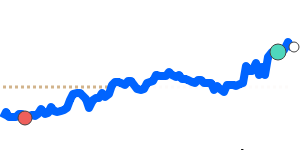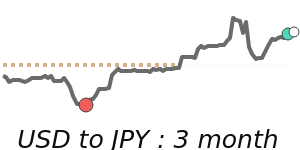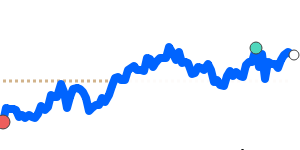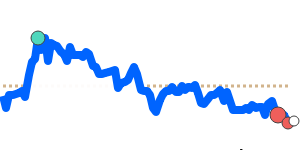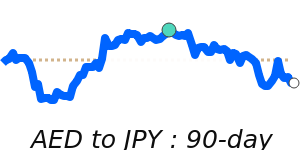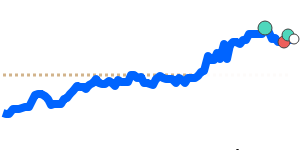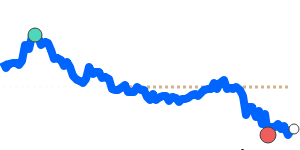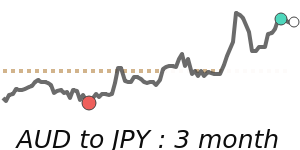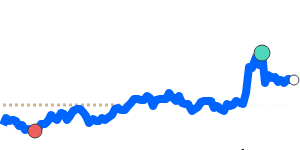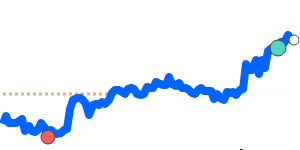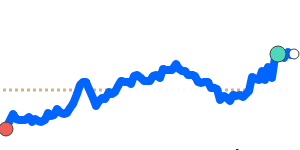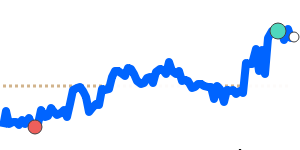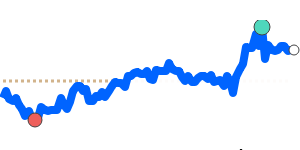Outlook
The yen is likely to stay within a cautious range near the dollar while the BoJ moves toward policy normalization and the government pursues a large fiscal stance. If inflation remains stubborn, the BoJ may tighten further, which could support the yen; if inflation cools or market risk appetite improves, the yen could drift weaker on policy divergence and growth concerns. Markets are also watching for any explicit foreign-exchange intervention signals, which could cap downside moves in the near term.
Key drivers
- BoJ policy path (Bank of Japan): December 2025 saw a rate hike to 0.75% as part of tightening, with Governor Ueda signaling potential further hikes if inflation persists. Markets price in continued normalization, which could provide yen support if confirmed.
- Fiscal stance: Record general-account spending for fiscal 2026 (~JPY 122 trillion) adds growth stimulus but also adds downward pressure on the yen through higher supply and deficit concerns.
- Inflation trends: Tokyo inflation at 2% in December 2025, the lowest in over a year, suggesting some relief in price pressures but leaving room for policy maneuvering depending on upcoming data.
- Intervention readiness: Finance Minister readiness to intervene in the FX market to curb excessive yen depreciation, implying a potential dampening effect on any sharp yen falls.
- Global risk and policy backdrop: Policy divergence between Japan and major peers, plus global risk sentiment, will continue to shape yen moves alongside commodity and energy price dynamics.
Range
JPY to USD is at 0.006322, which is 1.5% below its 3-month average of 0.006419, having traded in a fairly stable 4.7% range from 0.006284 to 0.006582. JPY to EUR is at 0.005391, near 90-day lows and 2.2% below its 3-month average of 0.005513, with a stable 5.2% range from 0.005391 to 0.005670. JPY to GBP is at 0.004705, 2.4% below its 3-month average of 0.004823, trading in a relatively stable 6.9% range from 0.004679 to 0.005000.
What could change it
- Further BoJ policy action or altered forward guidance (a clearer path to more hikes or a shift in inflation expectations) could reprice the yen.
- Changes to the fiscal stance (budget revisions or scale of stimulus) that alter deficits or debt dynamics could influence yen sentiment.
- Unexpected foreign-exchange intervention from the government or BoJ (interventions in the FX market) could cap yen depreciation or cause rapid moves.
- Surprises in inflation data (especially Tokyo or nationwide) that alter the BoJ’s policy outlook.
- Shifts in global risk appetite or major developments in the U.S. policy path that affect broad dollar strength.
